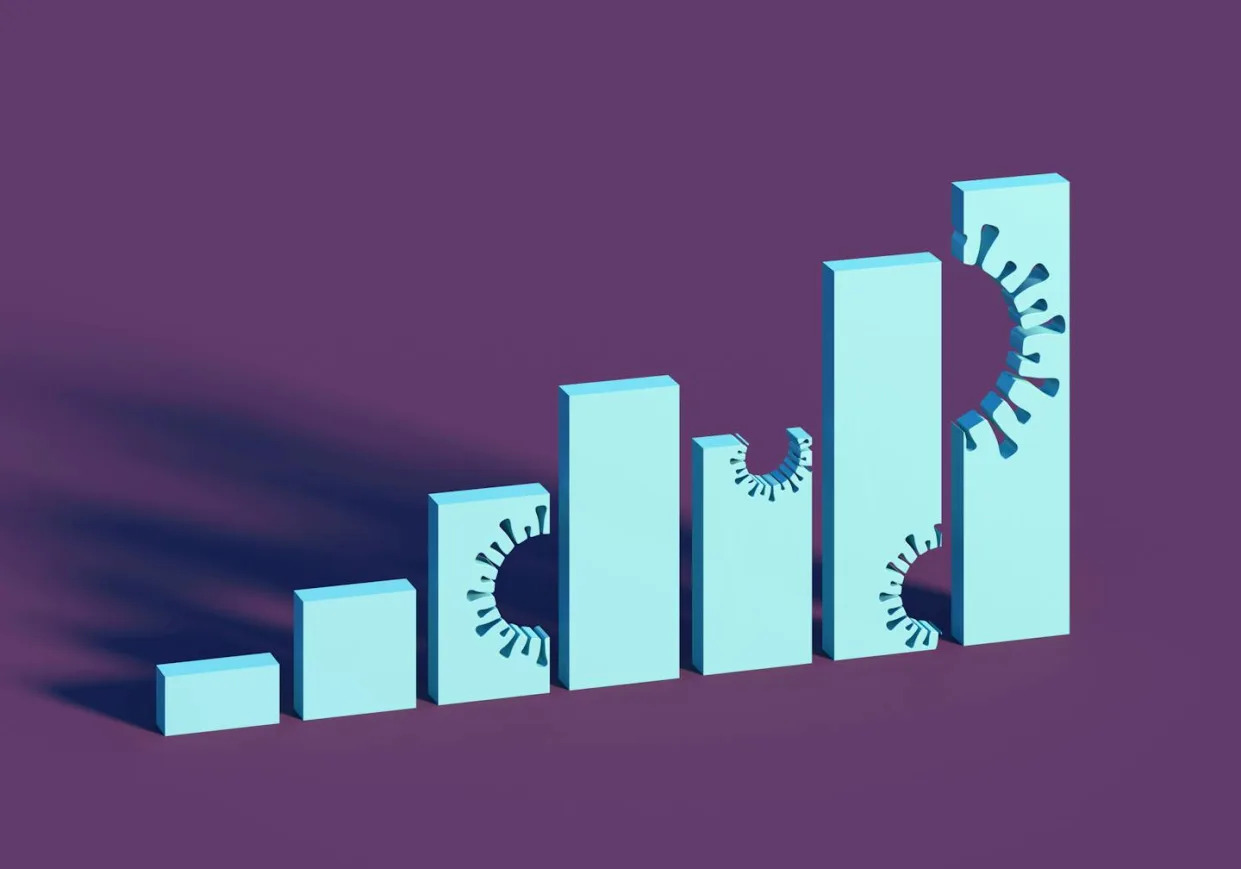 |
| Andriy Onufriyenko/Moment via Getty Images |
Early in the COVID-19 pandemic, researchers flooded journals with studies about the then-novel coronavirus. Many publications streamlined the peer-review process for COVID-19 papers while keeping acceptance rates relatively high. The assumption was that policymakers and the public would be able to identify valid and useful research among a very large volume of rapidly disseminated information.
However, in my review of 74 COVID-19 papers published in 2020 in the top 15 generalist public health journals listed in Google Scholar, I found that many of these studies used poor quality methods. Several other reviews of studies published in medical journals have also shown that much early COVID-19 research used poor research methods.
Some of these papers have been cited many times. For example, the most highly cited public health publication listed on Google Scholar used data from a sample of 1,120 people, primarily well-educated young women, mostly recruited from social media over three days. Findings based on a small, self-selected convenience sample cannot be generalized to a broader population. And since the researchers ran more than 500 analyses of the data, many of the statistically significant results are likely chance occurrences. However, this study has been cited over 11,000 times.
A highly cited paper means a lot of people have mentioned it in their own work. But a high number of citations is not strongly linked to research quality, since researchers and journals can game and manipulate these metrics. High citation of low-quality research increases the chance that poor evidence is being used to inform policies, further eroding public confidence in science.
Methodology matters
I am a public health researcher with a long-standing interest in research quality and integrity. This interest lies in a belief that science has helped solve important social and public health problems. Unlike the anti-science movement spreading misinformation about such successful public health measures as vaccines, I believe rational criticism is fundamental to science.
The quality and integrity of research depends to a considerable extent on its methods. Each type of study design needs to have certain features in order for it to provide valid and useful information. --->READ MORE HERE
 |
| AP Photo/Patrick Semansky, File |
The Internal Revenue Service will be sending out automated collection notices for the first time in two years.
More than a dozen types of automated collection letters and notices associated with tax return filings and tax payments had been on pause as the IRS addresses a backlog of paperwork associated with the coronavirus pandemic.
The IRS, after catching up from the backlog, has started sending out first, second, and final notices for people with unpaid balances on their tax accounts. Recently delinquent taxpayers will be the first to start seeing the automated notices.
Taxpayers with balances due for tax periods that ended Dec. 31, 2022, or later, will have received or will soon receive the automated letters from the IRS, according to the federal Taxpayer Advocate Service.
Final notices are in the mail for business tax payers with delinquent balances for tax periods ending Aug. 31, 2023 or later, and for quarterly tax returns periods ending Sept. 30, 2023, or later. --->READ MORE HEREFollow links below to relevant/related stories and resources:
COVID vaccine's impacts, plus IVF shutdowns, vaccine risks and more key health stories
Shadows in the Data: The Ghost Victims of COVID-19 Unveiled
USA TODAY: Coronavirus Updates
WSJ: Coronavirus Live Updates
YAHOO NEWS: Coronavirus Live Updates
NEW YORK POST: Coronavirus The Latest
If you like what you see, please "Like" and/or Follow us on FACEBOOK here, GETTR here, and TWITTER here.

No comments:
Post a Comment